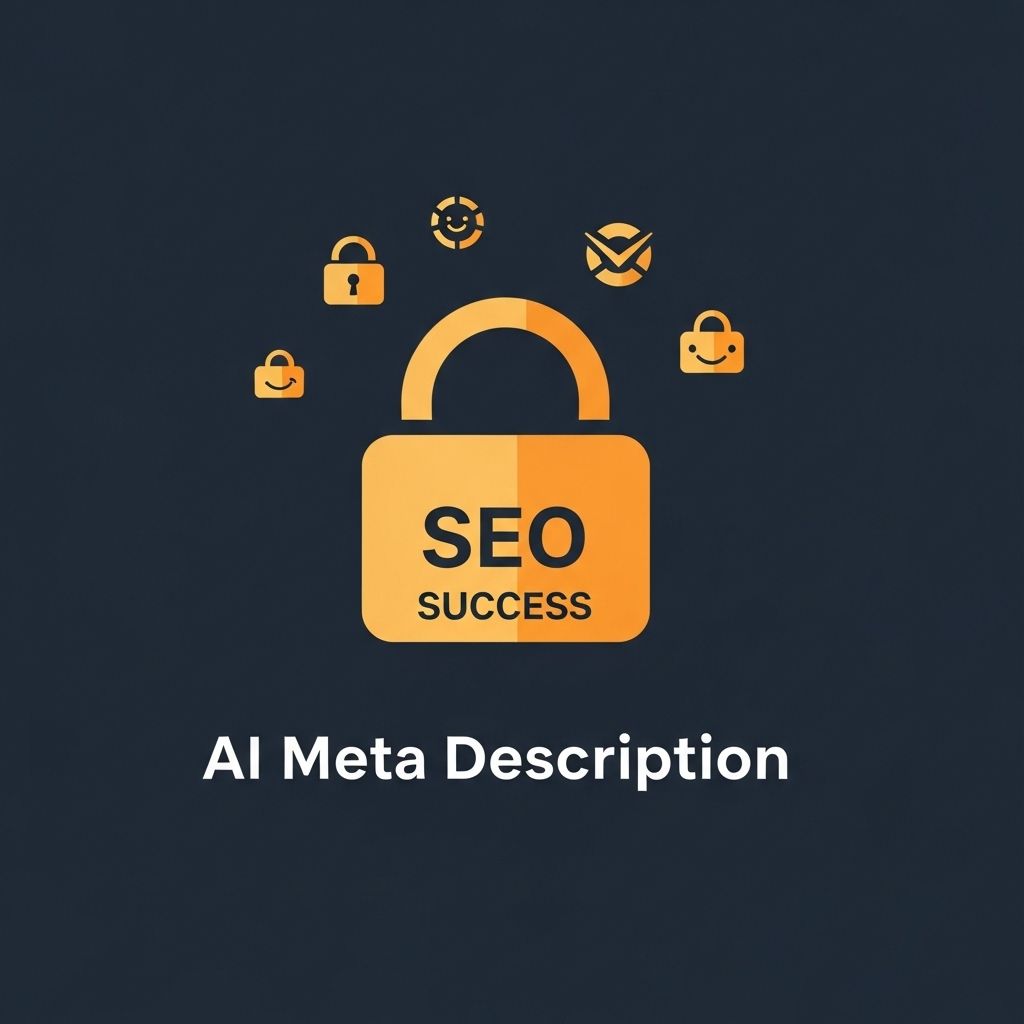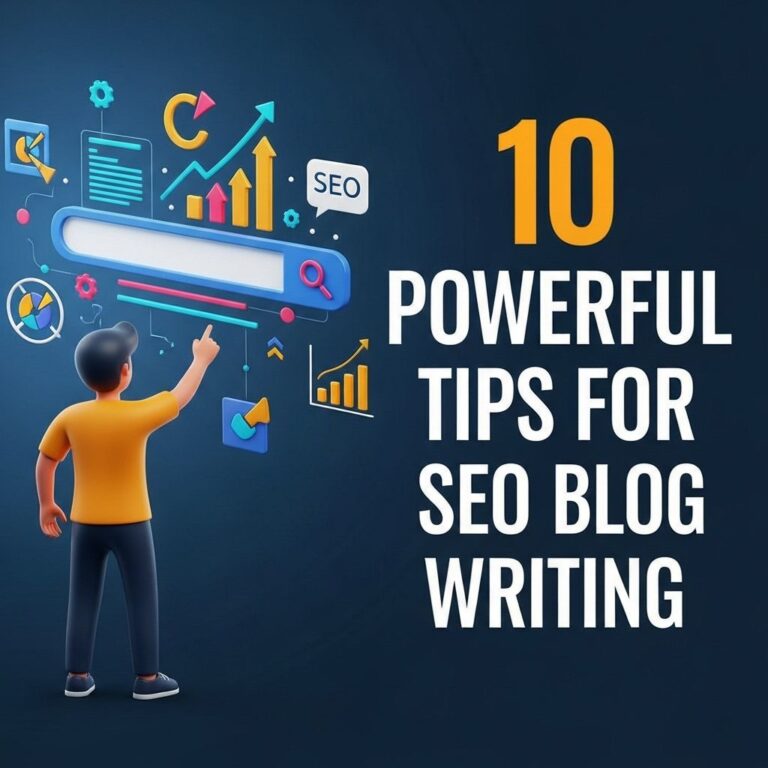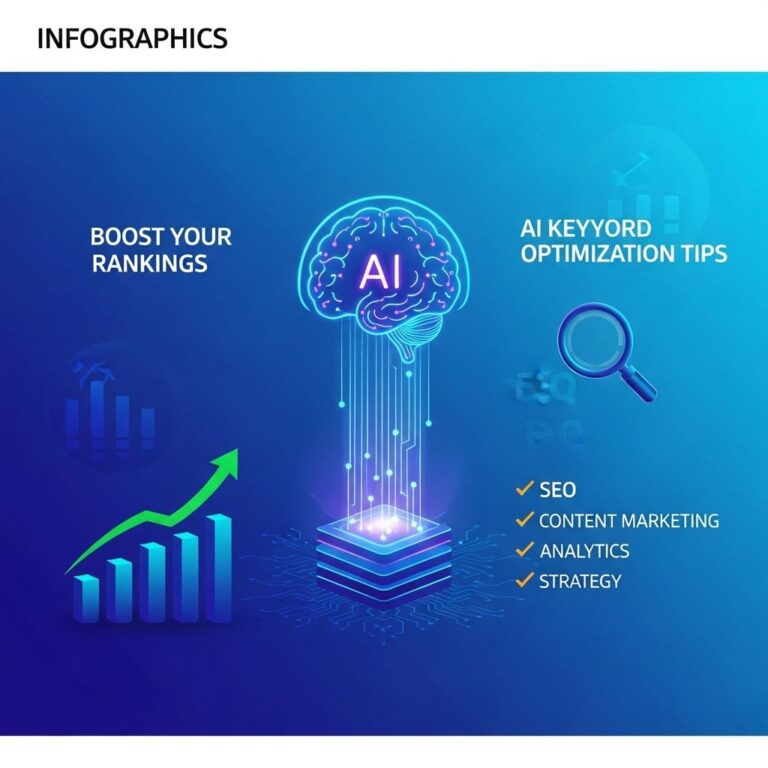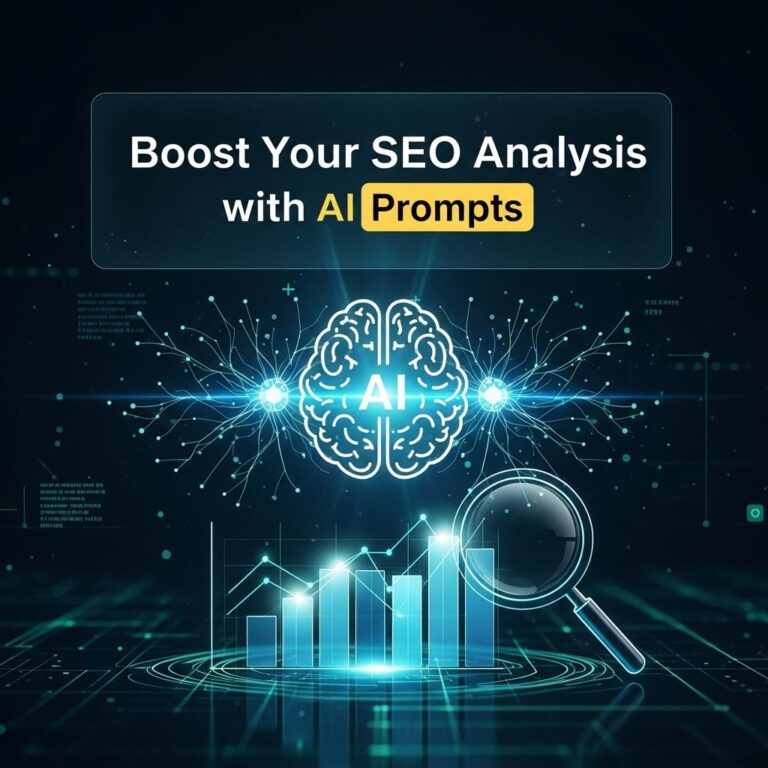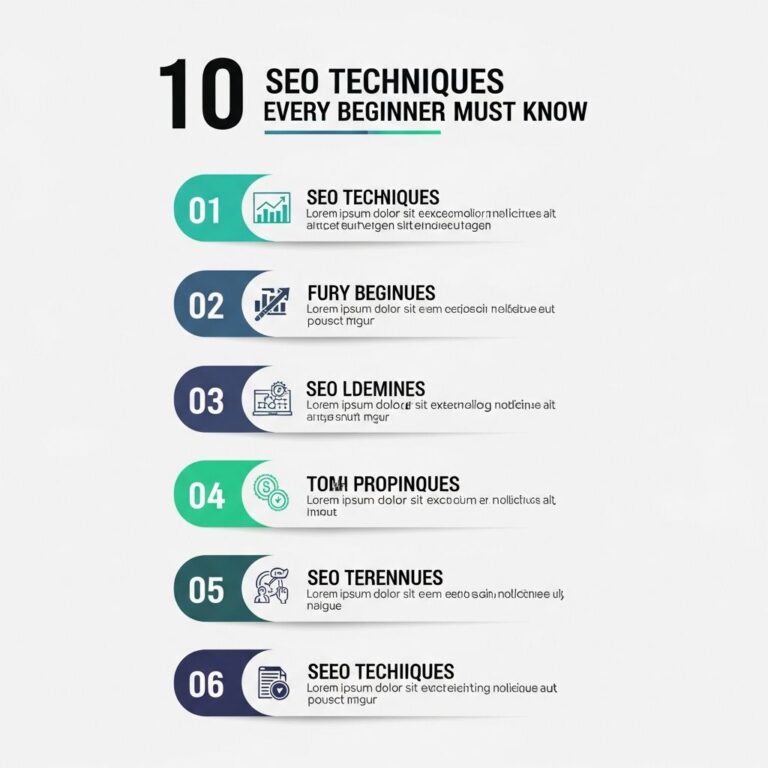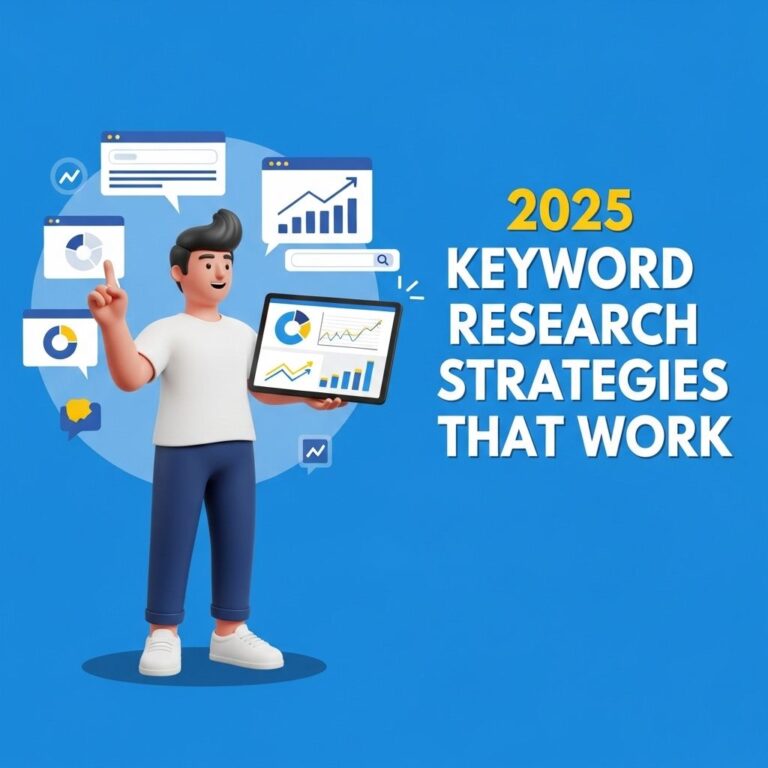In the ever-evolving landscape of digital marketing, mastering Search Engine Optimization (SEO) is crucial for businesses aiming to enhance their online presence and attract the right audience. A significant component of SEO is the meta description, a brief summary of a webpage that appears in search results. Crafting compelling meta descriptions can dramatically influence click-through rates (CTR) and ultimately drive more traffic to your site. This article delves into effective strategies for writing AI-generated meta descriptions that stand out and improve your SEO performance.
Table of Contents
Understanding the Importance of Meta Descriptions
Meta descriptions serve as a storefront for your webpage in search engine results. They provide potential visitors with a snapshot of what to expect on your page. A well-crafted meta description can entice users to click through to your site, whereas a poorly written one may deter them, resulting in lost traffic. Here are key reasons why meta descriptions matter:
- Improved Click-Through Rates: A compelling description encourages users to click on your link.
- Enhanced User Experience: Accurately reflecting your content helps set the right expectations.
- SEO Ranking Signals: While not a direct ranking factor, higher CTRs can positively influence your SEO.
Best Practices for Writing Meta Descriptions
Length and Structure
The optimal length for a meta description is between 150 to 160 characters. If it’s too short, it may not provide enough information; if it’s too long, it may get truncated in search results. Here are some structural tips:
- Start with a strong action verb to capture attention.
- Incorporate relevant keywords naturally.
- Include a call to action (CTA) to motivate clicks.
Utilizing AI for Meta Description Generation
Artificial Intelligence (AI) can significantly streamline the process of creating meta descriptions. Here’s how:
1. Keyword Analysis
AI tools can analyze your content and identify the most relevant keywords. This ensures that your meta description aligns well with search queries.
2. A/B Testing
With AI, you can generate multiple variations of meta descriptions and test which performs best in terms of CTR, allowing for data-driven decision-making.
3. Tone and Style Consistency
AI can help maintain a consistent tone and style across your website, making your meta descriptions cohesive and reflective of your brand’s voice.
Essential Elements of a Compelling Meta Description
To create engaging meta descriptions, consider the following elements:
| Element | Description |
|---|---|
| Keywords | Incorporate primary and secondary keywords relevant to the page content. |
| Unique Selling Proposition (USP) | Highlight what sets your content apart from competitors. |
| Call to Action (CTA) | Encourage users to take the next step, such as ‘Learn More’ or ‘Get Started.’ |
Examples of Effective Meta Descriptions
Here are some examples of strong meta descriptions across various industries:
- E-commerce: “Discover our exclusive range of eco-friendly products and enjoy 20% off your first order! Shop now for sustainable living solutions.”
- Travel: “Explore breathtaking destinations worldwide with our curated travel guides. Start planning your next adventure today!”
- Tech Blog: “Stay updated with the latest in technology. From product reviews to tech news, we cover it all. Read more now!”
Common Mistakes to Avoid
While writing meta descriptions, it’s essential to avoid common pitfalls that could hinder your SEO efforts:
- Keyword Stuffing: Overloading your meta description with keywords can lead to penalties from search engines.
- Duplicate Descriptions: Each page should have a unique meta description to differentiate it from other pages.
- Vagueness: Be clear and specific about the content of the page; ambiguity can deter clicks.
The Future of AI in SEO
The integration of AI in SEO is only expected to grow. As algorithms become more sophisticated, leveraging AI tools can provide insights and efficiencies that manual processes cannot. Here are some trends to watch:
1. Natural Language Processing (NLP)
NLP will continue to improve, enabling AI to generate more human-like and contextually relevant content, including meta descriptions.
2. Predictive Analytics
AI can analyze patterns in user behavior to predict which meta descriptions may perform best, helping marketers optimize their strategies before implementation.
3. Personalization
As personalization becomes increasingly important in digital marketing, AI-driven meta descriptions could be tailored to specific user segments, enhancing engagement.
Conclusion
Crafting effective meta descriptions is a critical component of a successful SEO strategy. By leveraging AI tools and following best practices, marketers can enhance their online visibility and drive more traffic to their websites. As the digital landscape continues to evolve, staying informed about new trends and technologies will ensure that your content remains relevant and engaging. Remember, a well-optimized meta description could be the difference between a user clicking on your link or scrolling past it — make it count!
FAQ
What is a meta description and why is it important for SEO?
A meta description is a brief summary of a webpage’s content that appears in search engine results. It’s important for SEO because it helps improve click-through rates by providing users with a compelling reason to visit your site.
How long should a meta description be for optimal SEO?
For optimal SEO, a meta description should be between 150 to 160 characters. This ensures that the full description is displayed in search results, maximizing its impact.
What keywords should I include in my meta description?
You should include relevant keywords that align with the page content and the search intent of your target audience. This helps search engines understand the topic of your page and improves its visibility.
Can I use AI to generate meta descriptions?
Yes, you can use AI tools to generate meta descriptions. These tools can help create engaging and keyword-rich summaries, saving you time and enhancing your SEO efforts.
How often should I update my meta descriptions for SEO?
You should regularly review and update your meta descriptions, especially if the content of your webpage changes, or if you identify better-performing keywords based on analytics.
What makes a meta description compelling?
A compelling meta description includes a clear call-to-action, addresses user intent, and highlights the unique value of your content, making it more likely to attract clicks.

